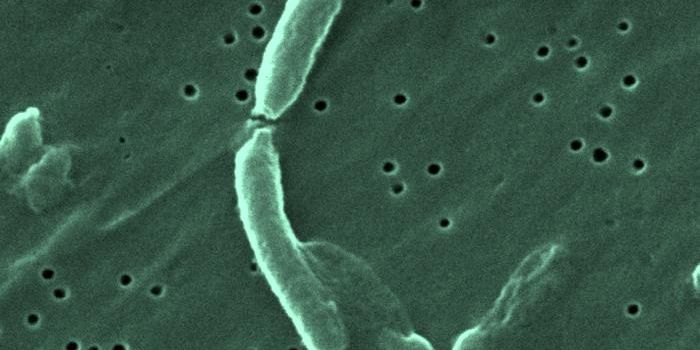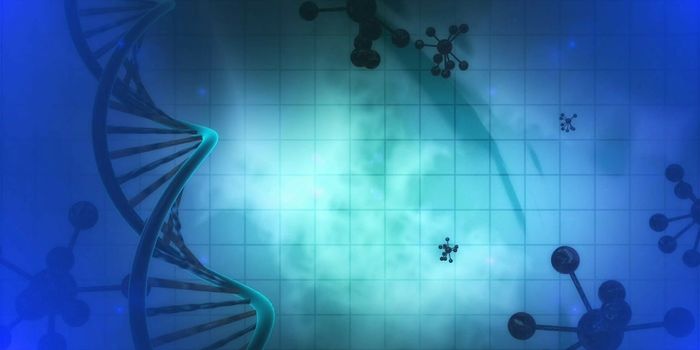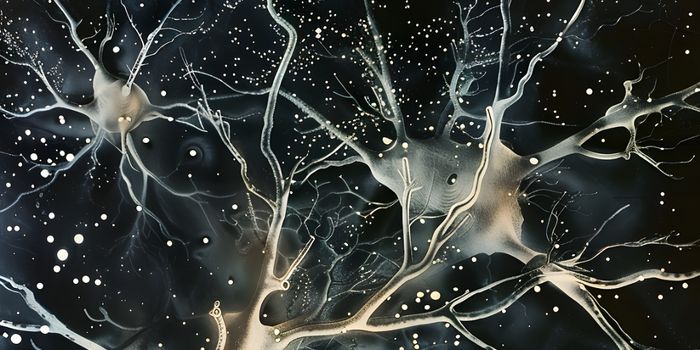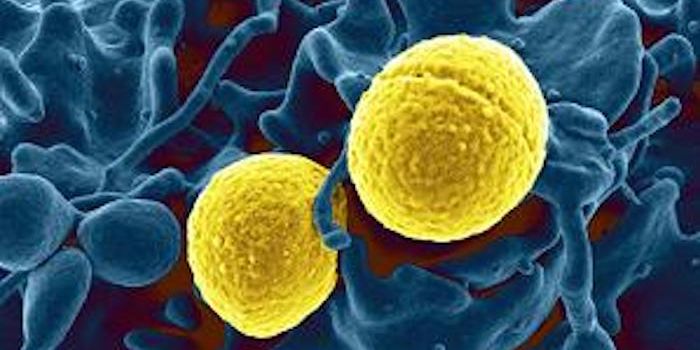Obesity May Not Always Lead to Disease
Many cultures automatically associate obesity with ill health, and many people that are characterized as overweight complain that their doctors can't see beyond their size to diagnose other medical issues. Though the results of studies are often incocnsistent, tesearchers have taken notice of people who appear to maintain good metabolic health even though they are overweight, and tried to learn more about why they seem to be protected from common, negative effects of obesity.
A hormone called leptin helps control appetite and satiety; a leptin deficiency causes overeating and obesity (many other hormones are also involved in the control of hunger and feeling full). In 2007, researchers engineered a mouse model that lacked leptin, and mated them to mice that lacked adiponectin, which is thought to play a role in metabolism. These leptin-deficient mice ate too much and became overweight, but they did not develop metabolic disease. They might have lived normal lifespans if their fat didn't cause them to become immobile and get stuck where they could not reach food or water; many died from dehydration.
Diabetes researcher Philipp Scherer of the University of Texas Southwestern Medical Center created these mice in his lab. He and other researchers have suggested that weight can be uncoupled from health in the clinic.
There are different types of fat, including white, beige, and brown, which have different roles and effects on biology. Where fat sits on the body also makes a difference for health. The distribution of these fat types changes as we age too. The picture is a complex one, and is probably highly variable from one person to another.
Researcher Sadaf Farooqi of the University of Cambridge told Science that “there are subtypes of obesity, ”and some are more harmful than others." She added that obesity has been shown to cause diabetes and is linked to other health problems like joint pain. Excess fat still poses serious risks to health, and many obese people can improve their health by losing weight. Not everyone that gains a lot of weight will become diabetic, get heart problems, or high cholesterol. But right now we don't know how to predict who is protected from the ill effects of obesity.
Scientists have been investigating the genetic characteristics that may help prevent the ill effects of obesity. Earlier this year, a team of researchers identified genes that could be involved; these genes were associated with both increased obesity risk and protection from cardiometabolic diseases. Reporting in Nature Metabolism, the researchers determined that the genes they identified have many different functions. Some play a role in regulating fat cells, while others are involved in inflammation, metabolism, or the distribution of body fat.
The evidence is indicating that when it comes to treating patients, clinicians should not focus only on weight loss. "Clearly, obesity is a complex disease and not every individual with excess body weight is equally at risk of developing cardiometabolic diseases," said Professor Ruth Loos of the Icahn School of Medicine at Mount Sinai.
As genetic sequencing becomes more common, we'll find stronger associations and more genes that might help predispose people to obesity-related health problems, or give them protection. "Knowing which genes protect people from developing diabetes and cardiovascular disease will eventually help us better diagnose and treat individuals with obesity," said Loos.
The microbiome may also be an important factor in human metabolism that plays a role in how and when people gain weight. A lot more work will be needed before we understand the connections between the microbiome in general, specific types of microbes ijncluding bacteria and viruses in the microbiome, and metabolic outcomes.
Sources: Science, AAAS/Eurekalert! via University of Copenhagen - The Faculty of Health and Medical Sciences, Nature Metabolism









